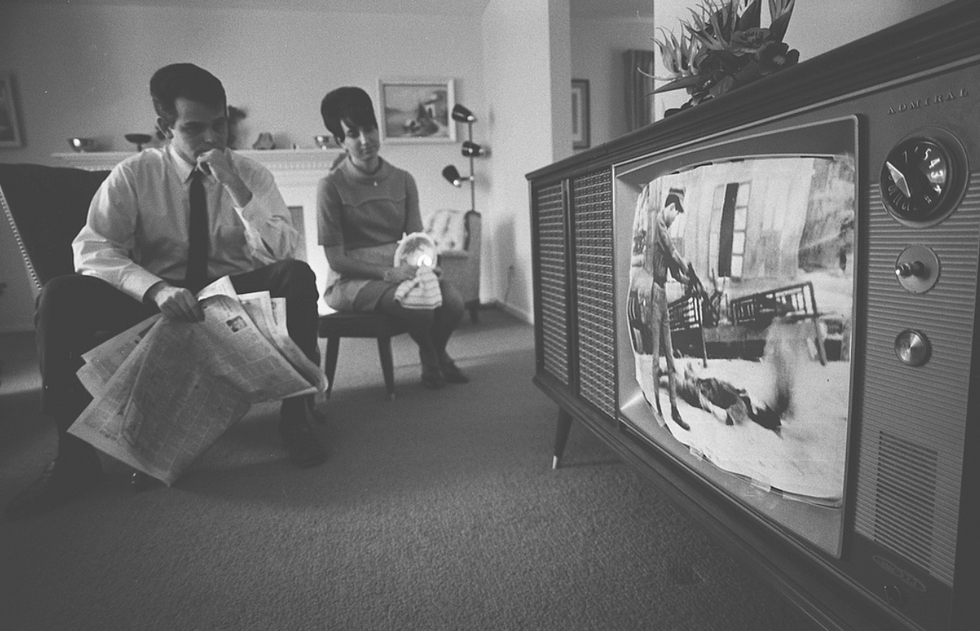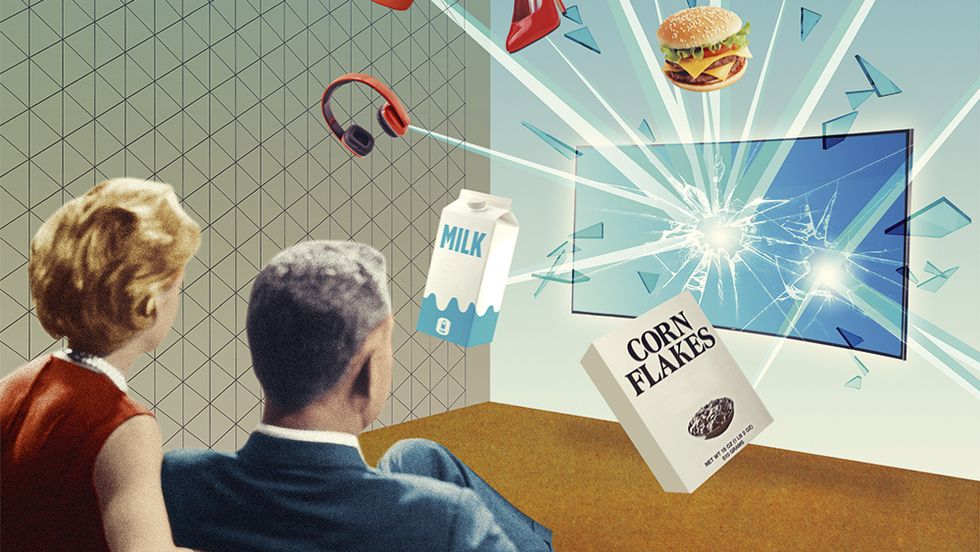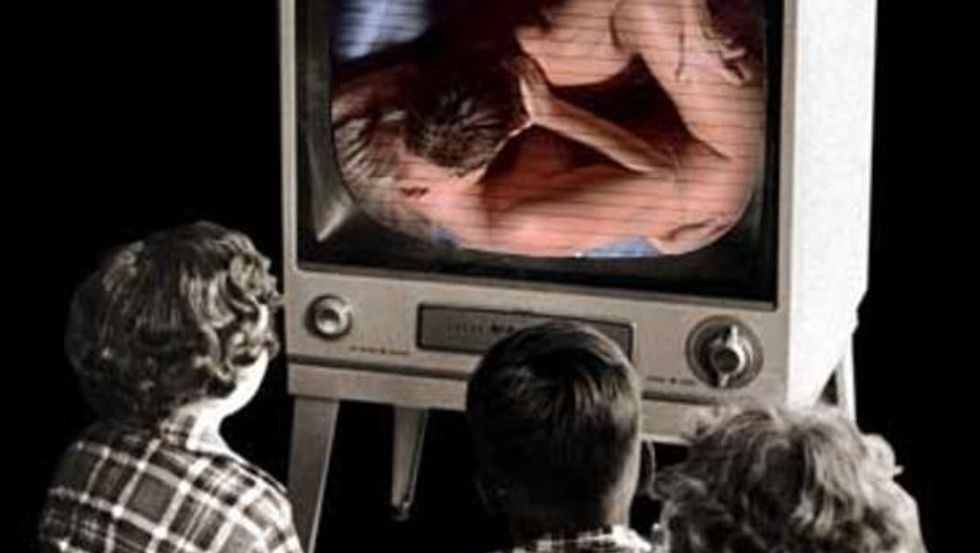Now that we are approaching nearly a century since the invention of television, most generations have grown up with the hum of television constantly playing in their background and molding their opinions. The ease of mass production that television brings allows for citizens to be force-fed ideals and morals on a grander scale. Here are three ways that television is influencing our lives that we may not fully realize.
1. Political and Product Advertisement
The constant stream of advertisement on television can promote a materialistic emphasis implying that a person can attain happiness and a better quality of life through the items that they buy. We are constantly comparing our belongings to what we see on TV and continuously desiring more than what we have.
However, beauty and kitchen products are not the only thing being sold on television. During election season, it is very common for politicians to try to sell themselves through TV advertisements. However, this media publicity may be doing more harm than good because people tend to vote for candidates based on their appearance and first impressions rather than their internal views and political plans. Like many things on television, it is all about the politicians’ performances to sell the audience. Not to mention television advertisements can cost a lot of money, so many times it is only the wealthy who get the exposure that produces votes.
2. Societal Norms/Exposure
As time goes on, the looseness of sex, specific gender roles, acceptance of drugs and alcohol, and even our political stances can be shaped through media. Whether it was the 1960s where women played stay-at-home mothers or the current era where women are expressed as overly-independent workers, societal norms and standards are set through television.
We are obligated to follow these patterns revealed to us and are ostracized if we believe or act differently. The exposure to concepts such as sex and drugs is being highlighted in nearly every channel we turn to, and as a result, younger generations are being exposed to them much earlier in life. The widespread of ideologies and societal norms depicted on screen leads to an overbearing widespread of cultural pressure.
Television is encouraging people to grow up faster, accomplish things quicker, and live their lives in the way the media shows them.
3. Negative Mainstream News
In reality, good news doesn’t sell as well as the stories of devastation. Because of this, talk of war, terrorism, tragedy, kidnapping, and brutality circulate the news. The negativity encompassing headlines give us little hope for the future and spurs a pessimism and fear within all of us.
Because of television, we are able to view the traumatic events that happen thousands of miles away from the safety of our home. We are exposed to shark attacks, tornadoes, and plane crashes making us fear something we have never experienced and believing they are more common than they actually are. So while some may believe that the world is actually becoming a worse place and humanity is growing wickeder, it may just be the over exposure of cynical news that evokes these beliefs.












































